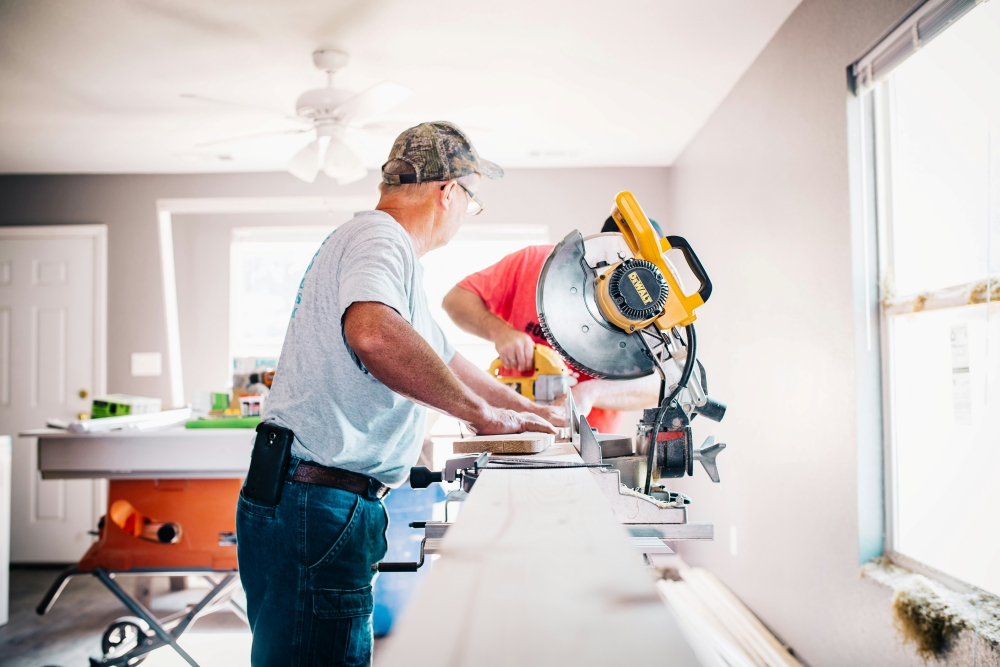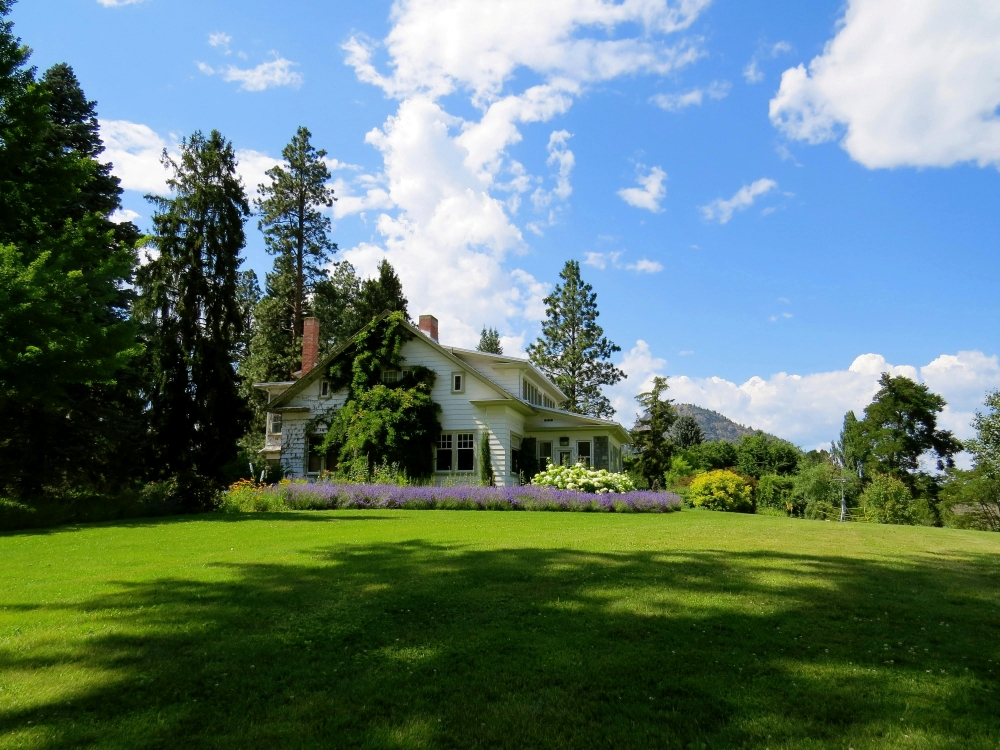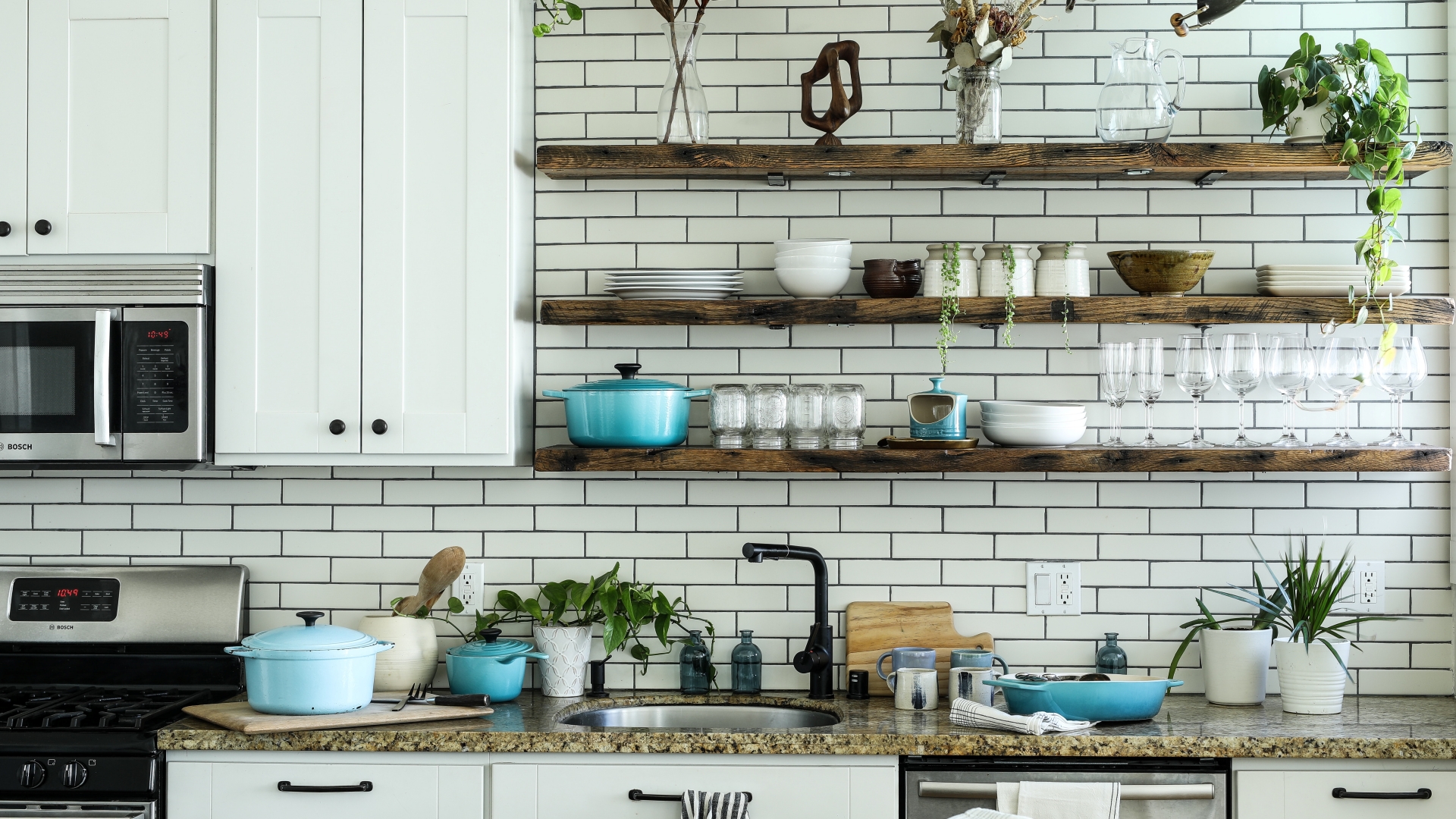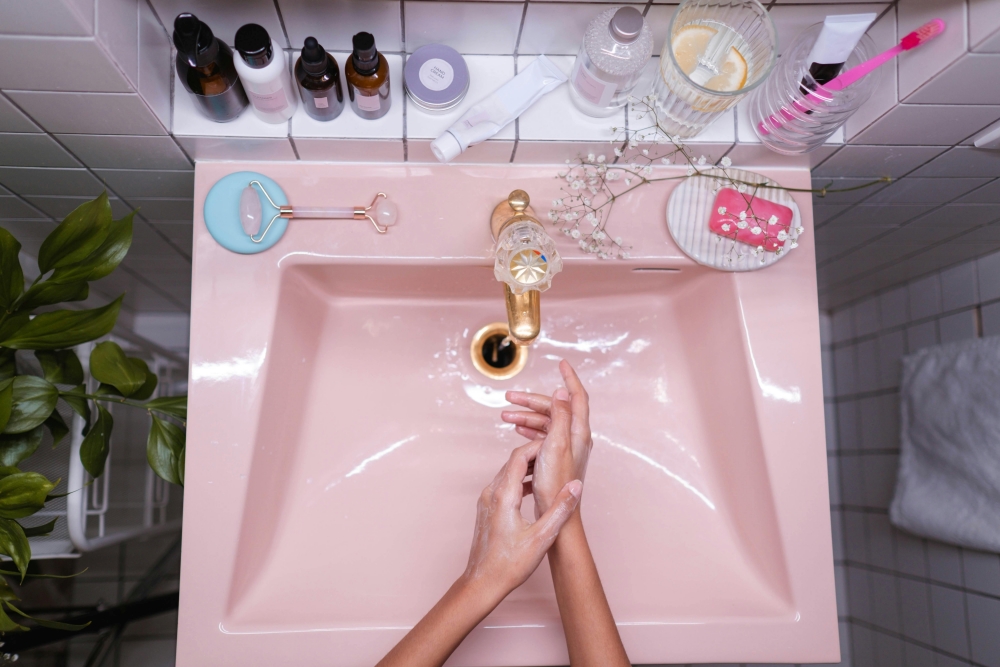Are you thinking of integrating a water filtration system in your home? If so, note that this may also depend on a number of factors, including the quality of water in your area, your health concerns, and your lifestyle preferences.
Why Local Water Quality Matters
First off, if the water in your area comes from a municipal source, it might have gone through basic treatment to meet the standards for safety. But it may still have trace contaminants, including chlorine, heavy metals, or pesticides. The same thing happens when you rely on well water because this also has contaminants depending on the type of soil, nearby industrial activities, and natural minerals. Thus, contaminants may be identified by conducting a water test to help you choose the right home water filter systems if needed.
Home Water Filtration System Advantages
The main advantage of having a home water filtration system is health and safety for you and your family. This is through the removal of contaminants like bacteria, chemical residues, and lead, which will improve the safety of drinking water. The removal of chlorine and other chemicals is also possible with filtration, which also helps in improving the taste and smell of drinking water. Moreover, this can help in preventing the buildup of sediments and minerals in your appliances through filtration.
Filtration System for Your Needs
The whole-house filter system is one that you can install at the main water line to filter all water that enters your home. One of the most common is the sediment filter that enables the capture of large particles and protects pipes and appliances. Likewise, you can use water softeners when you have hard water because it can reduce the mineral buildup throughout your home. You may also use UV filters that use ultraviolet light to kill viruses and bacteria, which is good if you are treating water well.
On the other hand, you may consider the point-of-use system that you can install at a specific water source. This may include the kitchen sink, which may provide a safe water source for drinking and cooking.
How to Add a Home Filter System
You need to prepare the space under the sinks in order to install a point-of-use filter or in basements or utility rooms in order to create a whole-house system. Creating a plan to put the system in place is necessary, which includes the plumbing layout if the building is new. You may discuss the filtration options with a plumber in order to successfully integrate the system with the existing pipes, so it will be accessible for maintenance.
In addition, you may also consider the water pressure because some systems can have a great impact on it. So, make sure it can accommodate booster pumps if necessary. More importantly, the cost for installation is also important because there are systems that are more costly than others. Likewise, you have to consider the maintenance costs in this setup due to the fact that filters may need periodic replacement, while others need professional servicing. Thus, you have to factor these costs into your plan so that you can create an affordable option to suit your needs.










